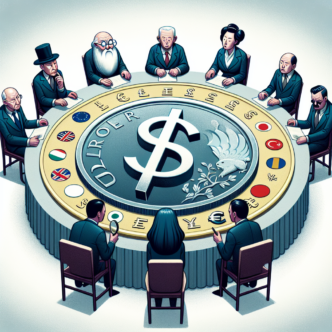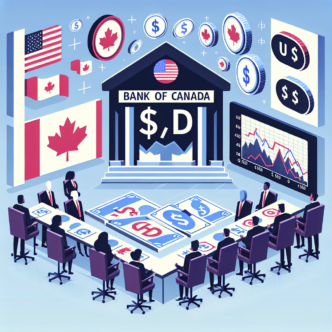The European Central Bank could have postponed lowering interest rates until December; however, the economic data emerging since the September policy meeting indicated an upward shift in inflation risks, prompting policymakers to decide on a rate cut this month, stated Governing Council member Peter Kazimir on Monday.
“This is an insurance cut aimed at boosting confidence, not a signal of triumph,” remarked Kazimir, who serves as the governor of the National Bank of Slovakia, in a blog post.
Kazimir, a member of the conservative faction within the ECB’s rate-setting body, expressed that he would have felt at ease waiting until December to cut rates instead of doing so in October.
He conveyed growing assurance that the disinflation trend is robust. “Nonetheless, the skeptic in me still seeks further evidence of a lasting return to target,” Kazimir noted.
“Our choice to decrease rates in October leaves the December meeting completely open,” he added. “All options remain available.”
Other ECB officials, including Gediminas Simkus, the governor of the Bank of Lithuania, and Martins Kazaks, the chief of the Bank of Latvia, hinted at the potential for additional interest rate reductions during separate discussions on Monday.
By December, ECB rate-setters will have access to the latest staff macroeconomic projections and an abundance of economic data to inform their next decision.
The central bank for the single currency economy has already enacted three interest rate cuts, the most recent being a 25 basis points reduction last week, primarily due to mounting worries about sluggish growth within the Eurozone.
This apprehension is unlikely to dissipate by year-end, as indicated by several recent surveys, leading experts to widely anticipate another rate cut in December.
Kazimir highlighted that survey data indicates a slowdown in employment growth, aligning him with ECB policymakers such as Bank of Portugal governor Mario Centeno, who has already expressed concern regarding the weakening labor market.
“Should upcoming data and forecasts substantiate an increased pace of disinflation, we would be well-placed to maintain the easing cycle,” Kazimir stated.
Pointing to the anticipated decline in wage growth and services inflation, the rate-setter expressed a desire to see more “clear signs of this developing” before declaring victory over inflation.
He further noted that the currently tense geopolitical landscape presents a significant threat to inflation.
“If fresh information signals higher inflation risks, we can still decelerate the pace of lifting restrictions in the forthcoming meetings,” Kazimir wrote. “Even after three cuts, we are still in a restrictive environment.”
For comments and feedback contact: editorial@rttnews.com
Economic News
What parts of the world are experiencing the best and worst economic performances recently? Click here to explore our Econ Scorecard for real-time rankings of GDP, unemployment rates, inflation, and more!







